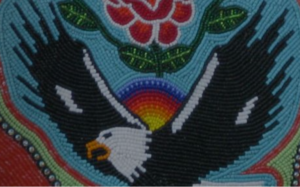
- Details
- By Native News Online Staff
LONGMONT, Colo. — Nonprofit organization First Nations Development Institute and the Henry Luce Foundation announced the selection of ten fellows for the Luce Indigenous Knowledge Fellowship.
Created in 2019, the Luce Indigenous Knowledge fellowship honors and supports intellectual leaders in Native communities who are actively working to generate, perpetuate and disseminate indigenous knowledge.
Selected fellows receive a monetary award of $50,000 and access to additional resources for training and professional development, according to a statement. The fellows convene three times during the fellowship year to share knowledge and progress toward goals. Fellows will also receive a grant of $25,000 to continue their work after the fellowship.
“We are honored to partner with the Henry Luce Foundation to support this talented cohort of fellows who are working to advance Indigenous knowledge across Native communities,” Michael E. Roberts, President and CEO of First Nations, said in a statement. “Historically, Indigenous knowledge systems were dismissed, devalued and attacked. This fellowship demonstrates that Indigenous people do possess valuable knowledge that can transform communities. These talented individuals demonstrate the ingenuity and genius present in Native communities.”
Sean T. Buffington, Vice President of the Luce Foundation, praised the newly-named fellows: “These knowledge makers and knowledge keepers are exemplary leaders, serving their communities by sharing their insight and understanding. The Luce Foundation is proud to support their work and to invest in the ongoing, millennia-old project of Indigenous knowledge-making.”
The inaugural class of Luce Indigenous Knowledge Fellows was selected by an Indigenous advisory committee from over 550 applicants, and represent 13 Indigenous nations from 7 states.
The 2020 Luce Indigenous Knowledge fellows are:
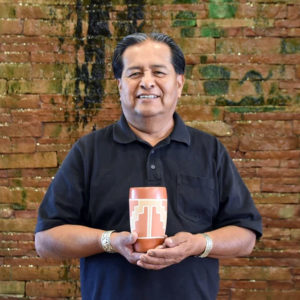
- Clarence Cruz (Khaayay), (Ohkay Owingeh-Tewa) — Traditional Potter and assistant professor
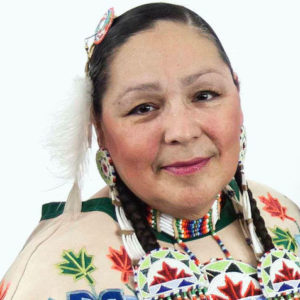
- Dorene Day, (Ojibwe Anishinabe, Nett Lake, Minnesota) — Activist-Indigenous Birth Revitalization
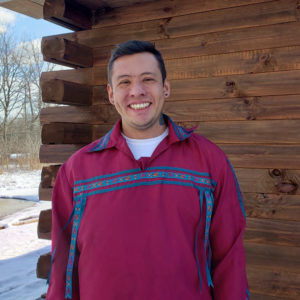
- Rahekawę̀·rih Montgomery Hill, Skarù·rę (Tuscarora Indian Nation) — Linguists/Language Activist
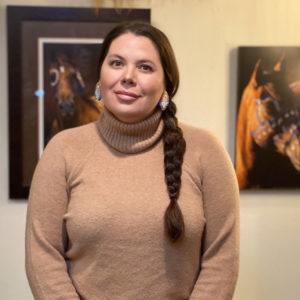
- Lisa Yellow Luger (Standing Rock Sioux) — Tribal Justice Specialist
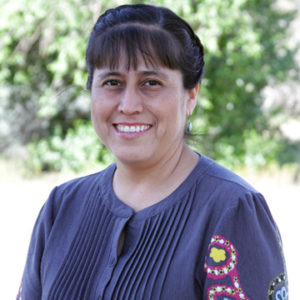
- Trisha L. Moquino (Cochiti/Kewa/Ohkay Ohwingeh) — Educator and co-founder of Keres Children's Learning Center
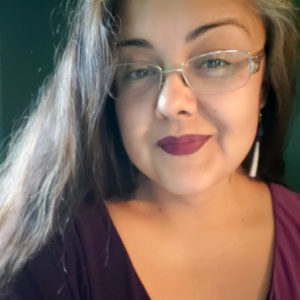
- Corine Pearce (Redwood Valley Little River Band of Pomo Indians) — Basket Weaver, Artist and Environmental Steward
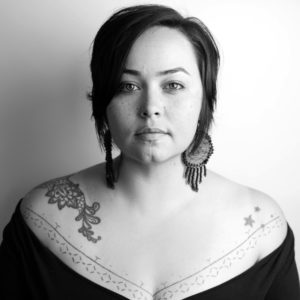
- Hanna Sholl, (Sun'aq Tribe of Kodiak, Alaska) — Contemporary Sugpiaq (Alutiiq) Artist and Culture Bearer
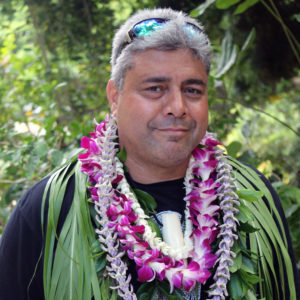
- Lloyd Harold Kumulāʻau Sing Jr. (Native Hawaiian) — Traditional mixed-media artist and cultural practitioner
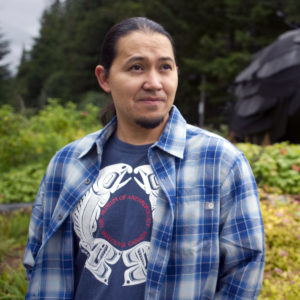
- X’unei Lance Twitchell (Tlingit, Haida, Yupʼik, Sami) —Indigenous Language Teacher
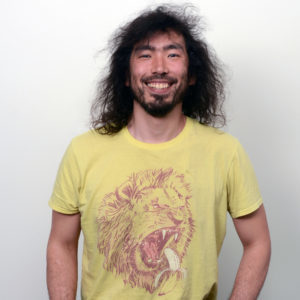
- Peter Williams (Yup'ik) — Artist and Activist
Additional information about the 2020 fellows, including bios and links to their work, is available on First Nations’ website under the 2020 Luce Indigenous Knowledge Fellows section.
Photographs courtesy of First Nations Development Institute.
More Stories Like This
Watermark Art Center to Host “Minwaajimowinan — Good Stories” ExhibitionMuseums Alaska Awards More Than $200,000 to 12 Cultural Organizations Statewide
Zuni Youth Enrichment Project Takes Top Emerging Artist Apprentices to Phoenix for Artistic Exploration and Cultural Immersion
From Dishwasher to Award-Winning Chef: Laguna Pueblo's Josh Aragon Serves Up Albuquerque's Best Green Chile Stew
Rob Reiner's Final Work as Producer Appears to Address MMIP Crisis
Help us defend tribal sovereignty.
At Native News Online, our mission is rooted in telling the stories that strengthen sovereignty and uplift Indigenous voices — not just at year’s end, but every single day.
Because of your generosity last year, we were able to keep our reporters on the ground in tribal communities, at national gatherings and in the halls of Congress — covering the issues that matter most to Indian Country: sovereignty, culture, education, health and economic opportunity.
That support sustained us through a tough year in 2025. Now, as we look to the year ahead, we need your help right now to ensure warrior journalism remains strong — reporting that defends tribal sovereignty, amplifies Native truth, and holds power accountable.
 The stakes couldn't be higher. Your support keeps Native voices heard, Native stories told and Native sovereignty defended.
The stakes couldn't be higher. Your support keeps Native voices heard, Native stories told and Native sovereignty defended.
Stand with Warrior Journalism today.
Levi Rickert (Potawatomi), Editor & Publisher

